Webpage schema is a type of Schema which is supposed to be implicitly defined, according to Schema.org but by adding the “About” and “Mentions” property, it seems you greatly enhance the ability of Google to understand the content on the page. This, in turn, can improve your search listings and search visibility.
There has been some controversy on whether Structured data improves rankings. John Muller and Glen Gabe had a to-and-fro on Twitter picked up by SE Roundtable and the 2022 response was almost cryptic, but clear when you read between the lines. Adding structured data helps with meaning and context, but does not help improve the “power” of a page, for want of a better word. To increase power, contextually relevant links into the page helps. Luckily, we have recently launched your Free SEO inLinks Trial, so try it out right now and sign up today to understand more about our full fleet of features.
The research backs up this idea. Good use of the WebPage “About” property and “Mentions” property bypasses shortcomings in Google’s NLP algorithm. SEO Skeptic’s research presented in 2015 in San Jose showed how valuable structured data can be for SEO:
data showing semantically-enriched webpages generated substantially more search engine-referred traffic than non- or less-enriched control groups did.” – JARNO VAN DRIEL
Schema Markup 101
Schema markup comes in seemingly limitless forms, but is added to web pages in one of three ways:
- Microdata nests metadat within the existing HTML
- RDFa was proposed by W3C to add attributes to HTML
- Json-LD uses javscripts to convey meaning usually in the Header area
At inLinks we much prefer using JSON-LD schema, as Google has repeated several times that this is their preference (see the citation at the end of this article).
We’ve introduced a new member incentive* to try Inlinks. Curious?
Furthermore, it is much easier to see the schema markup of the webpage all in one place. This methodology also makes it easy to inject schema into a page, through calling Javascript files compiled using the inLinks NLP engine, rather than continually having to update raw code on the website itself.
Schema Vocabulary
Although there are three predominant ways to mark up schema, the vocabulary is rich and growing. Schema.org has become the main forum for defining new vocabulary and ways to define ideas. The “WebPage” schema is itself a property of the “Creative Work” schema. The creative work (in this case the webpage itself) is (quite literally) “About” some “things” and “mentions” other “things”. By looking at the content on the page and isolating the main topics of the content and the secondary topics mentioned in the content, these can then easily be represented in the schema, making it explicitly clear what the page is about and the associated topics.
Search Engines and Websites
Search engines can interpret meaning quite well without schema, but then the meaning is implicit. This means that a search engine like Google has to extract meaning from the text itself, rather than being explicitly told what the meaning is. Schema crosses the bridge between what a human reads and what a computer interprets. In a way, it is the human in the loop trying to help translate for the search engine.
What makes the WebPage Schema Properties generate more organic traffic?
The inLinks NLP algorithm is generally much better at spotting topics in content than Google’s NLP algorithm is. Let’s take a clear example, by using the free tool on the inlinks.net home page. We analyzed the science page of the New York Times on the 19th October 2023. Google’s NLP algorithm found 8 topics, but inLinks spotted 48! That’s 6X more!
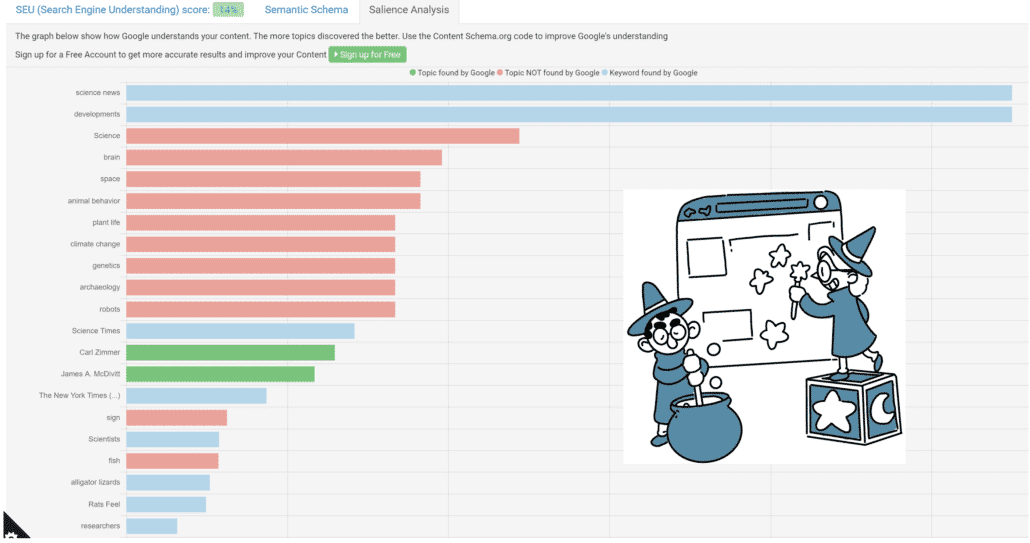
By adding the main topics that the web page is about into the “About” property, Google is able to easily read and digest these concepts and add them AS IF they had been found in their NLP pass. It works like this:
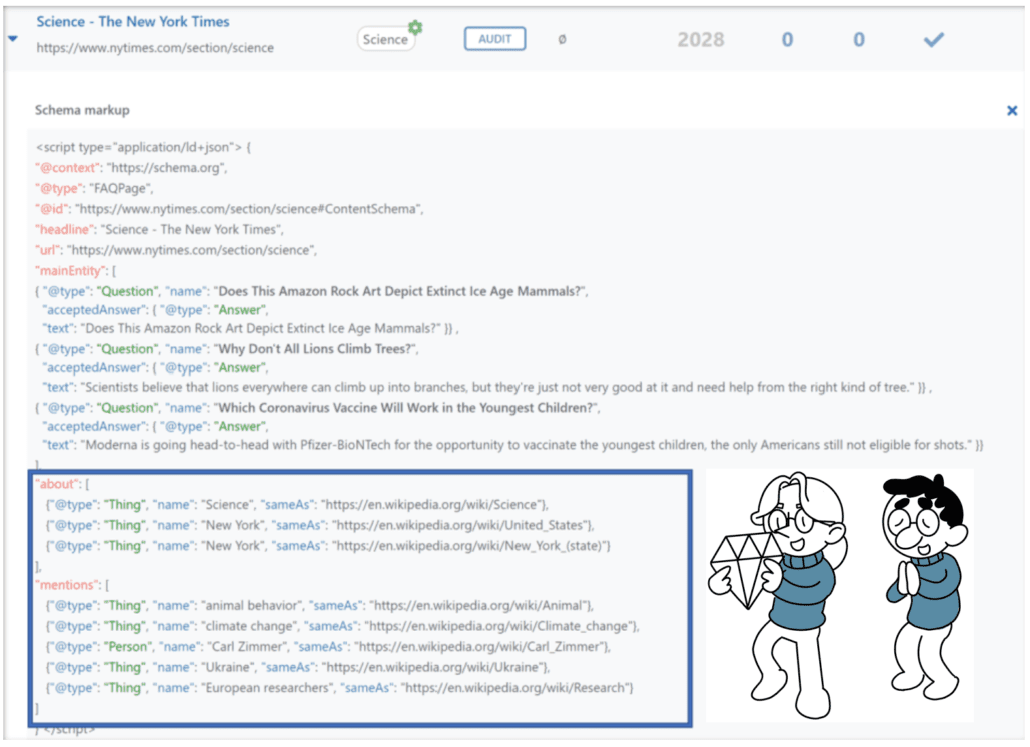
This text goes into the header of the webpage. It says that the webpage is about “science” (the thing) and is also about the organization “New York Times”. Now – one might argue that this content is NOT about the New York Times… which is a fair debate… I welcome such a discussion in the comments, but it certainly is about science. To give absolute clarity to the concept of “science”, the data also points to the unambiguous Wikipedia URL on the topic. Wikipedia is excellent for disambiguation. The principal is possibly better demonstrated in the “mentions” property, where “Virus” points to the pathological meaning of the word, rather than the computer contagion meaning.
Citations in this article:
Schema.org on “WebPage” schema
SE Roundtable: John Muller on whether Structured Data can help rankings

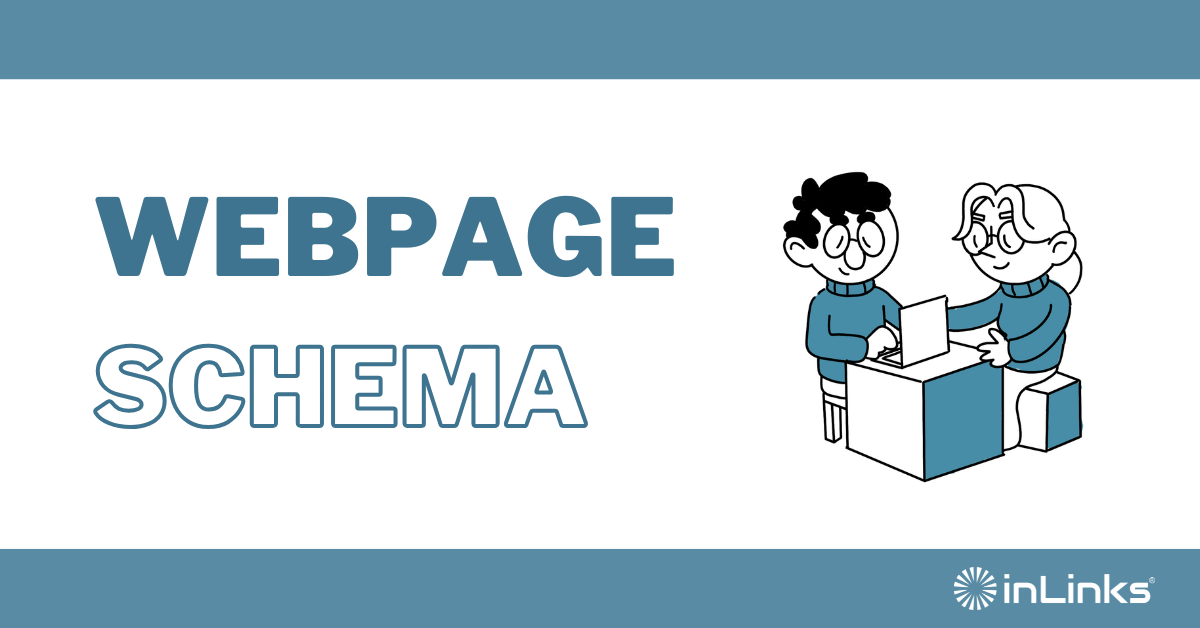
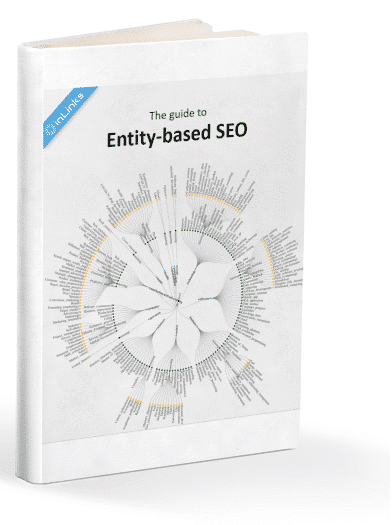
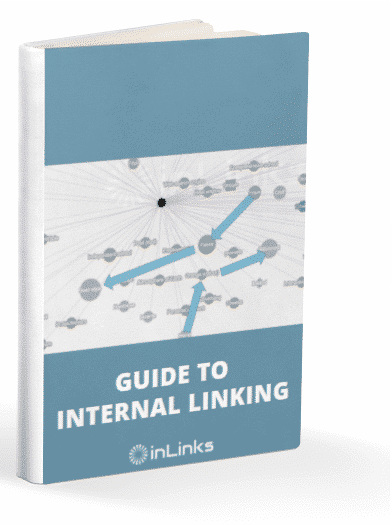
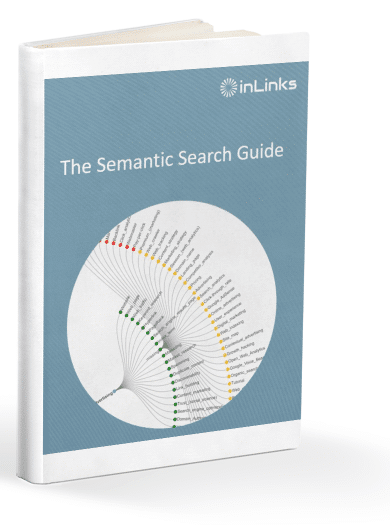
Leave a Reply
Want to join the discussion?Feel free to contribute!